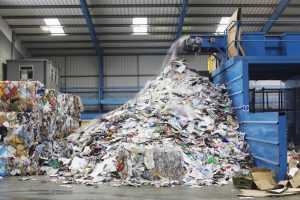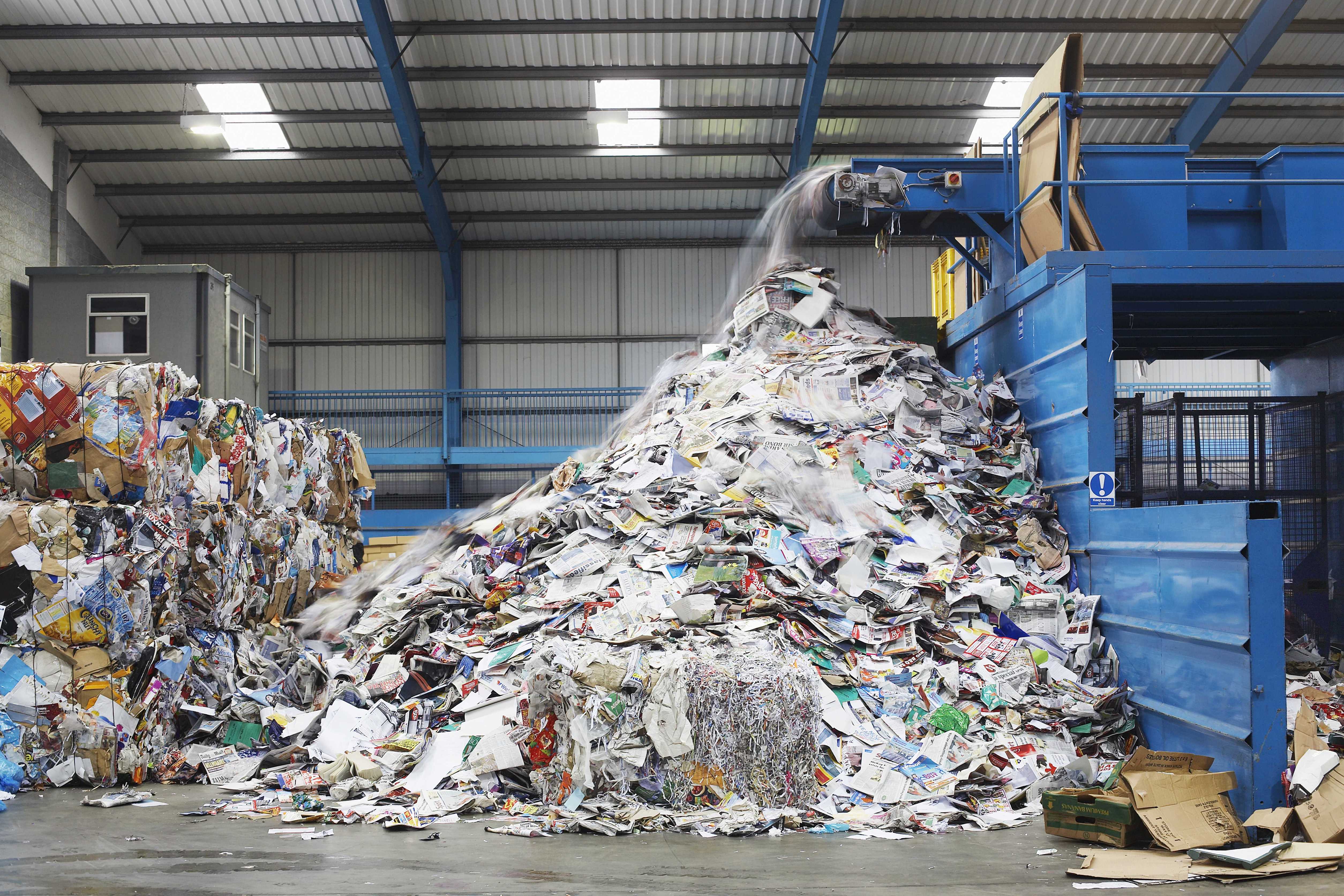Disclaimer: This website provides health information for educational purposes only and is not a substitute for professional medical advice, diagnosis, or treatment. Always seek the guidance of a qualified healthcare provider with any questions you may have.
 You’ve probably heard somebody say there is money in garbage, or one man’s junk is another man’s treasure. And it is true. The sheer number of the world’s population is the easiest sign that there is garbage just about anywhere there are humans. And there are millions around the world employed to move rubbish away from where humans live. Can you imagine a world where nobody takes care of the trash?
You’ve probably heard somebody say there is money in garbage, or one man’s junk is another man’s treasure. And it is true. The sheer number of the world’s population is the easiest sign that there is garbage just about anywhere there are humans. And there are millions around the world employed to move rubbish away from where humans live. Can you imagine a world where nobody takes care of the trash?
You can make rubbish your business and make money while also helping save humanity from the disease that their own garbage may bring. Here’s how to start your own rubbish collection company.
1. Find out what kind of permits you need to operate such a business, what requirements your local government has and similar other concerns. Your business has to be registered and ready to pay taxes.
2. Write your business plan before presenting an application for permits to your local government. A business plan has to be detailed. This should include your cash flow, plans of expansion (there must be some), the type of business you are opening and its procedures. Your plan should also include what you found out in your enquiry regarding regulations and permits.
3. Find out where the disposal is. It is bound to be a landfill, where you need to talk about rates. Calculations will probably be based on weight. Negotiate from there. You might also want to find out how much recycling centres will pay.
4. You need equipment. An arm roll truck or a fleet of them from Wong Fong Engineering will be part of your primary investment. You need them to operate so there is no way around it. These trucks come in different weight capacities. You may start with one or two and service only a small area. Eventually, you can expand your coverage area. This is why you need to specify your expansion details on your business plan. Other equipment you will need include skip bins, bags and spades.
5. Talk to the government in each area you would like to offer your services to. Depending on their policies, they might require additional permit applications.
If your operations are consistent, your company will be deemed as reliable, resulting in long term relationships with your chosen areas. This will eventually lead to expansion and more profits.




